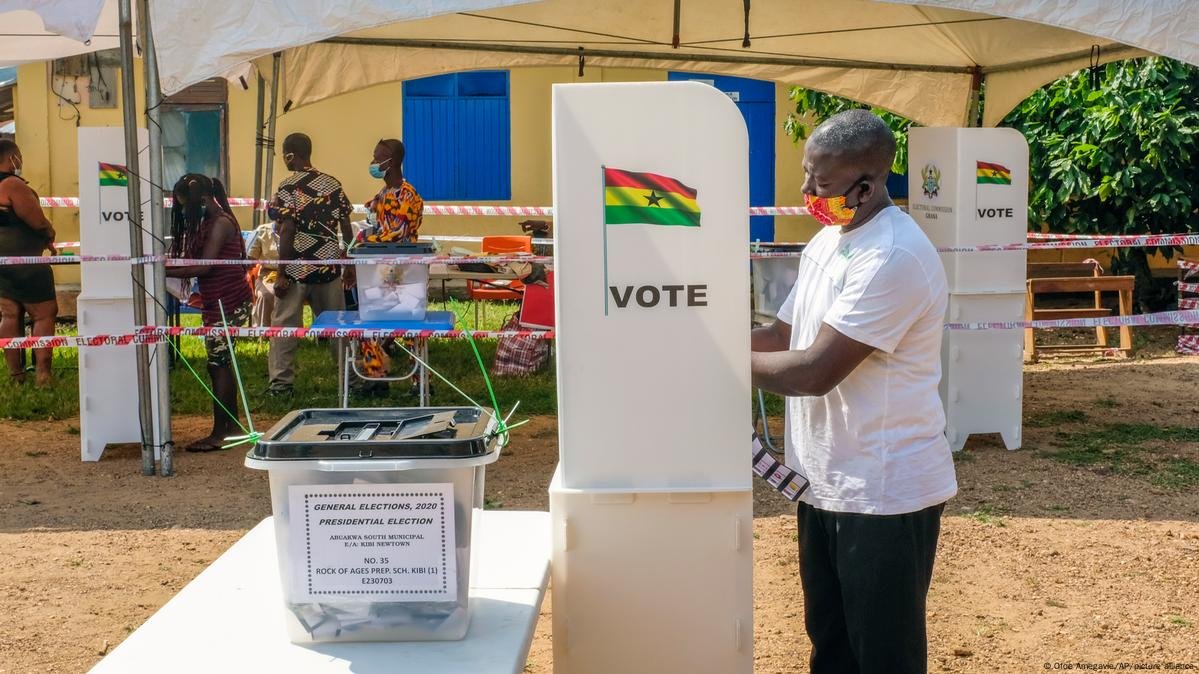Physical Address
University of Professional Studies
Madina, New Rd.

The December 7 elections have ignited widespread tensions across the nation, as political parties and citizens contend with the fallout from a highly disputed voting process. Allegations of electoral irregularities, including voter suppression and manipulation, have led to public outrage and protests. Citizens, frustrated by the perceived lack of transparency, are demanding accountability, further deepening divisions within the electorate and posing a threat to the country’s stability and democratic integrity.
As tensions escalate, political leaders have engaged in increasingly hostile rhetoric, exacerbating the polarized environment. Civil society groups have also entered the fray, advocating for fair elections and calling for investigations into the alleged misconduct. The growing demands for reform reflect widespread concern that unresolved issues could erode public confidence in the electoral system, potentially undermining the nation’s democracy.
The government’s response has involved deploying security forces to manage protests, which have at times led to violent clashes between demonstrators and law enforcement. Balancing the need to maintain order with protecting citizens’ rights to peaceful assembly is proving to be a significant challenge. As violence and injuries are reported, there is growing fear that the situation could spiral out of control if not carefully managed.
Beyond the immediate turmoil, the long-term consequences of the election threaten national cohesion. Deep divisions have surfaced, highlighting the need for political leaders to engage in dialogue and reconciliation efforts. Rebuilding trust and addressing grievances through transparent processes will be essential for healing the nation and ensuring future electoral integrity. The global community is closely watching how the country addresses these challenges, with the possibility of international support for reforms if the situation worsens.